
Food & Water Watch ... Water - Fracking
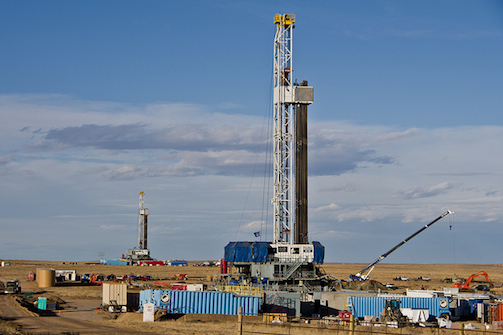
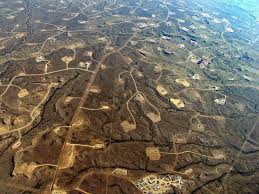
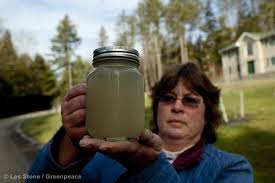
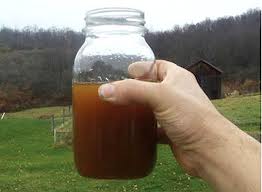
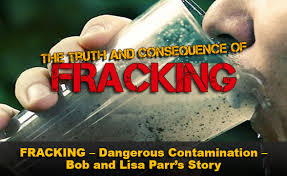
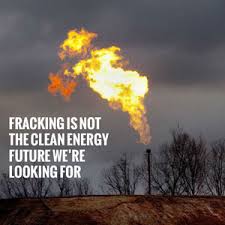
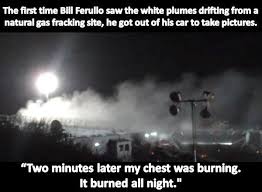
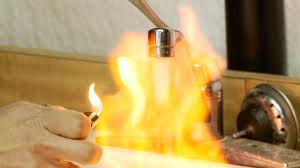
QUICK OVERVIEW▼
- WATER
- TAKE BACK THE TAP
- BOTTLED WATER
- FRACKING
- NEW YORKERS AGAINST FRACKING
- FRACKING ON PUBLIC LANDS
- FRACKING ACTION CENTER
- TRICLOSAN (ENDOCRINE DISRUPTOR)
- RENEW AMERICA’S WATER
- WATER PRIVATIZATION
- WATER CONSERVATION
- DESALINATION
- WORLD WATER
- FILMS
STAY INFORMED
Sign up for email to learn how you can protect food and water in your community.
What Is Fracking and Why Should It Be Banned?
The case to ban fracking grows stronger every day. Fracking is short for hydraulic fracturing. It’s a water-intensive process where millions of gallons of fluid — a mix of water, sand, and chemicals, including ones known to cause cancer — are injected underground at high pressure to fracture the rock surrounding an oil or gas well. This releases extra oil and gas from the rock, so it can flow into the well.
But the process of fracking introduces additional industrial activity into communities beyond the well. Clearing land to build new access roads and new well sites, drilling and encasing the well, fracking the well and generating the waste, trucking in heavy equipment and materials and trucking out the vast amounts of toxic waste — all of these steps contribute to air and water pollution risks and devaluation of land that are turning our communities into sacrifice zones. Fracking threatens the air we breathe, the water we drink, the communities we love and the climate on which we all depend. That’s why over 250 communities in the U.S. have passed resolutions to stop fracking, and why Vermont, France and Bulgaria have stopped it.
Why a Ban? Can Regulations Make Fracking Safe?
|
BAN FRACKING IN YOUR AREA |
No. Fracking is inherently unsafe and we cannot rely on regulation to protect communities’ water, air and public health. The industry enjoys exemptions from key federal legislation protecting our air and water, thanks to aggressive lobbying and cozy relationships with our federal decision-makers (the exemption from the Safe Drinking Water Act is often referred to as the Cheney or Halliburton Loophole, because it was negotiated by then-Vice President Dick Cheney with Congress in 2005). Plus, the industry is aggressively clamping down on local and state efforts to regulate fracking by buying influence and even bringing lawsuits to stop them from being implemented. That’s why fracking can’t be made safe through government oversight or regulations. An all-out ban on fracking is the only way to protect our communities.
